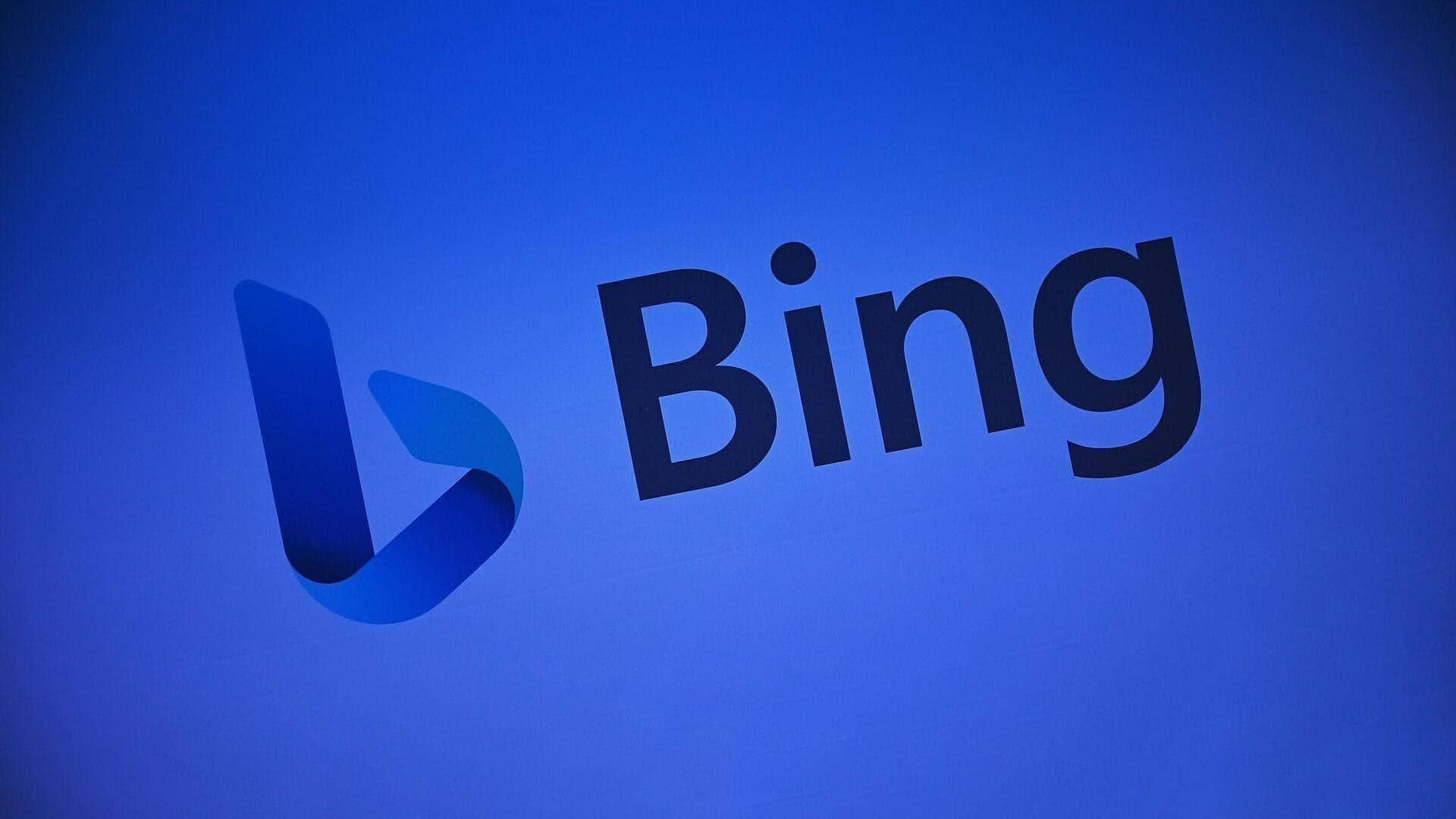
Powered by AI, Microsoft Bing is stealing Google Search users
What's the story
Bing, Microsoft's search engine, is slowly but surely gaining ground in the search market. Data from ComScore and StatCounter shows that Bing has been increasing its market share over the last two years while Google's grip has weakened a bit. Microsoft CEO Satya Nadella had aimed to take on Google with an AI revamp of Bing two years ago.
AI impact
Bing's growth attributed to AI innovations
Jordi Ribas, Microsoft's Head of Search, announced on X that Bing has grown by 2% (ComScore) and 3% (StatCounter) since early 2023. In the same period, Google's share has dipped by 1% and 6%, respectively. Ribas credits this growth to AI-driven innovations like Copilot Search. Notably, Bing powers parts of search for major AI assistants such as ChatGPT and Meta AI, further boosting its numbers every time these agents retrieve web results.
Revenue boost
Microsoft's search revenue up by $1.6 billion
Microsoft's search and news advertising revenue has grown by $1.6 billion, or 13%, over the last fiscal year. Excluding traffic acquisition costs, revenue increased by 20% due to "higher search volume and higher revenue per search." Ribas revealed that this increased search volume has also affected overall desktop search market share with Bing now holding 29% of US search share against Google's roughly 60%.
Global growth
Bing's global search share at 11.6%
StatCounter reports that Bing has increased its global search share to 11.6%, a 3.4% point increase from two years ago. At the same time, both ComScore and StatCounter report a decline in Google's search share with losses of 6.1% globally and 1.2% in the US, respectively. Every one-point increase in search advertising market share represents a $2 billion revenue opportunity for Microsoft, said Philippe Ockenden, Corporate VP of Finance at Microsoft, during the launch of Bing Chat two years ago.
Global presence
Microsoft's strategies show results in search market
Across all platforms, Bing's global search share stands at a mere 4%, against Google's nearly 90% share. This suggests that Microsoft's strategies to keep users on Bing and Edge on Windows are more effective than its mobile efforts. Despite being small compared to Google, Microsoft's search and advertising business has been making strides in the market. "This is now the fourth consecutive year in which Bing and Edge took market share," Ribas said.